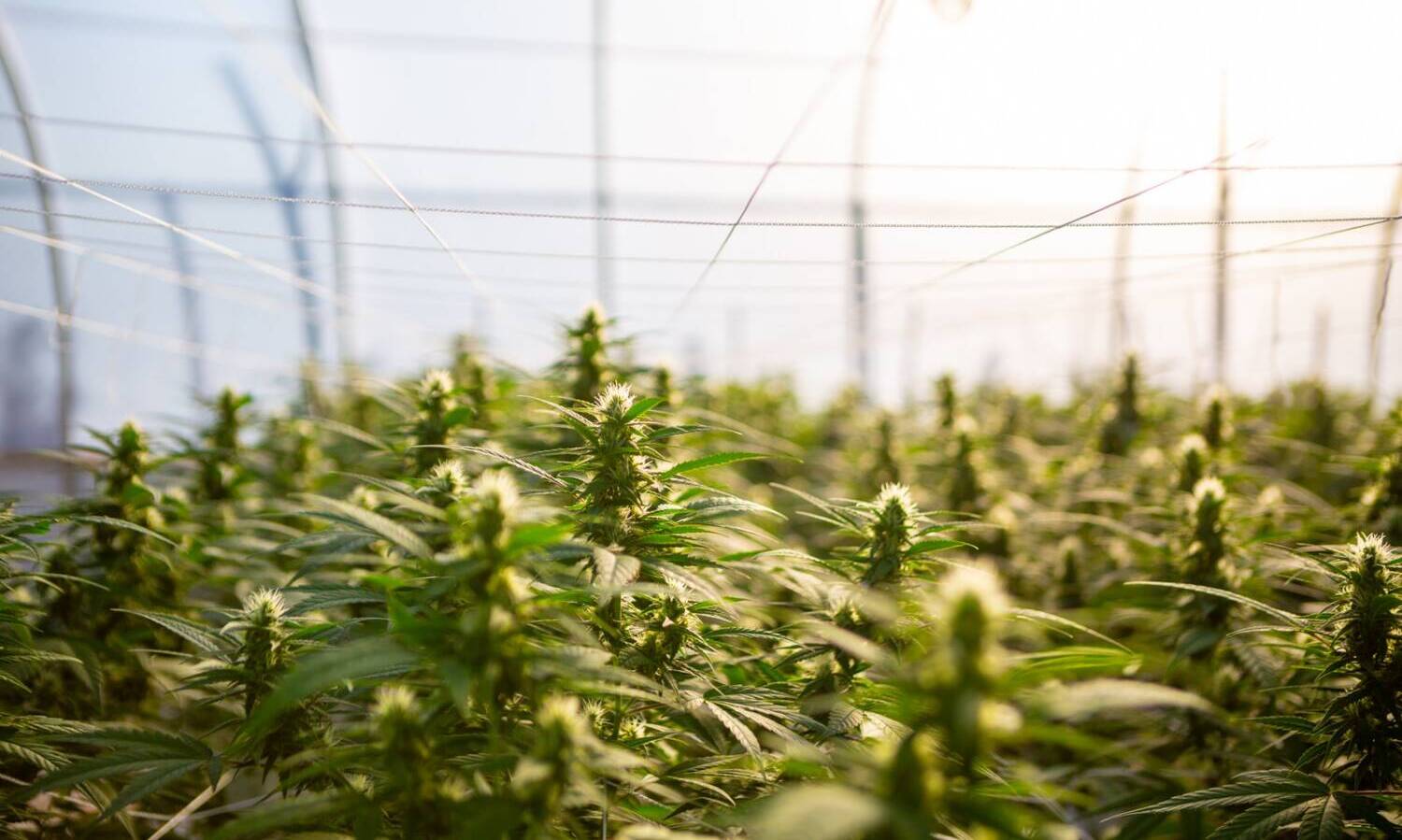
New federal law would help small weed farmers compete with large MSOs
Through
Rep. Jared Huffman and Rep. Earl Blumenauer introduced a bill that would help small cannabis growers compete against multi-state operators if (and if) marijuana is legalized at the federal level.
With this bill, titled the Small and Homestead Independent Producers (SHIP) Act, the two congressmen are proposing to give growers the ability to ship and sell products directly to consumers within and across state lines, Marijuana Moment reported.
Congress continues to work to end the federal ban on marijuana, and the ideal would be that once legalized, markets would become available to anyone looking to start their own cannabis business.
In July, the long-awaited US Senate bill was introduced that would decriminalize and de-schedule cannabis at the federal level while promoting social justice. Known as the Cannabis Administration And Opportunity Act (CAOA), the bill (backed by Senate Majority Leader Chuck Schumer and Senators Ron Wyden and Cory Booker) proposes sweeping marijuana reform.
Photo by CRYSTALWEED Cannabis via Unsplash
What’s in the SHIP Act?
The SHIP Act addresses concerns that if marijuana becomes legal at the federal level, it will be difficult for smaller companies to compete with large companies that have the resources and infrastructure to expand quickly. For this reason, one of the objectives of the legislation is to allow small producers to consolidate in the market, just as the multi-state operators are doing.
RELATED: GOP Lawmakers Urge Dems to Consider Environmental Impact of Cannabis Legislation
Legislation aims to minimize this risk and maximize opportunities for these smaller farmers and producers.
“It’s a daunting business environment they face. Markets are consolidating,” Rep. Huffman told Marijuana Moment ahead of the bill’s introduction. “The big multinationals will certainly do very well, but we want to make sure the smaller operations have a chance to compete and thrive.”
Small marijuana producers, first in the value chain
Historically, direct-to-consumer models have benefited small farmers on traditional farms, as they allow them to get their produce to market without having to go through third-party vendors or retailers who incur additional costs.
RELATED: BC pushes legal black-market cannabis amid criticism from craft growers
“A small marijuana grower and a small manufacturer of a marijuana product may ship and sell marijuana or a marijuana product to a person located in that state or any other state where the marijuana or the marijuana product is in possession is lawful for that person, using the postal services or private or commercial interstate carriers,” the law reads.
Huffman, who represents a large part of California that has long been associated with the marijuana trade, said he doesn’t think people will see “a lot of the mega-farms in my district” when marijuana is legalized federally. “You’re going to see a lot of mom and pop surgeries trying to keep the lights on,” he added.
 Photo by Remedy Pics via Unsplash
Photo by Remedy Pics via Unsplash
Cannabis means social justice
Additionally, Shaleen Title, co-founder of the Parabola Center and a former Massachusetts cannabis regulator who championed equity-based solutions in the cannabis industry, said her organization is “proud to support the SHIP Act — the first federal marijuana law we passed.” have ever advocated.”
RELATED: Why social justice matters to cannabis and what states are doing about it
“This is the only legislation to date that moves cannabis policy beyond the Big Tobacco model of industry dominance and toward the artisanal cannabis model that benefits both small businesses and consumers,” added Shaleen Title.
Additionally, Genine Coleman, executive director of the Origins Council, said in a press release that “the direct-to-consumer model is a necessary resource for any small artisanal producing community that is deeply connected to the land on which it originates – whether it produces wine, whisky, cheese, beer, cannabis or honey.”
Trade organizations that have already endorsed the SHIP Act include Origins Council, Humboldt Country Growers Alliance, FARMS Inc, Washington Sun & Craft Growers Association, Vermont Growers Association, Maine Craft Cannabis Association, Farm Bug Co-Op, Big Sur Farmers Association , Nevada County Cannabis Alliance, Mendocino Cannabis Alliance, Trinity County Agricultural Alliance and the Sonoma County Growers Alliance.
This article originally appeared on Benzinga and has been republished with permission.

Post a comment: